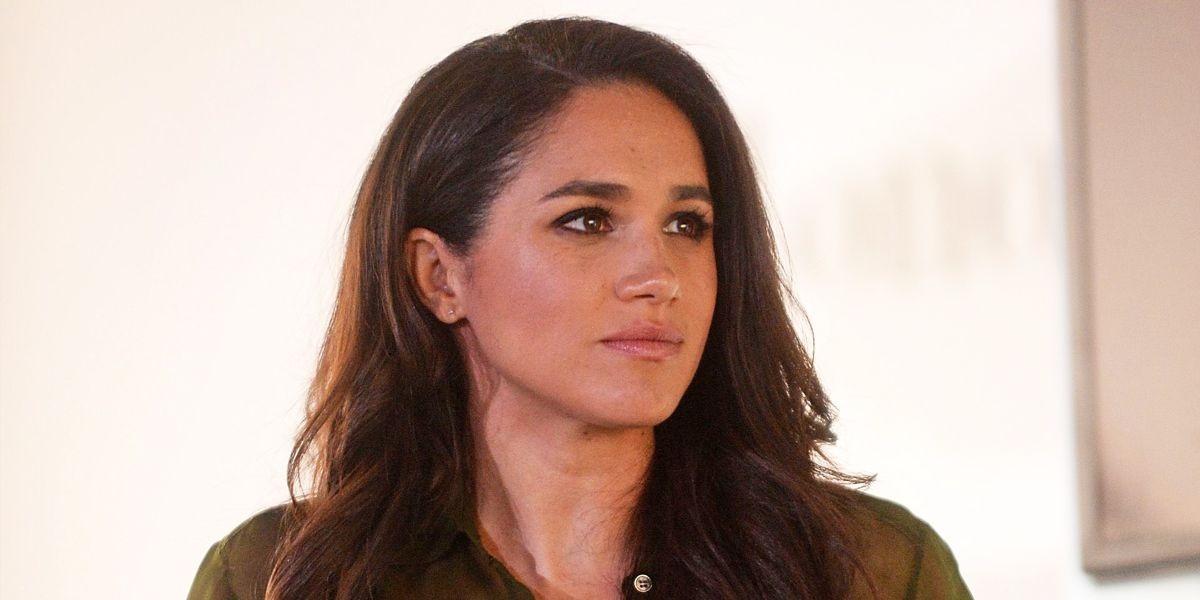The death of Queen Elizabeth II in September 2022 was a historic and deeply emotional moment for the United Kingdom and the Commonwealth. It also marked a period of personal challenge for the Duke and Duchess of Sussex, Prince Harry and Meghan Markle, as they balanced their royal responsibilities during the mourning period with their life as parents to two young children, Archie and Lilibet.
In a recent episode of her Netflix series With Love, Meghan, released in August 2025, the Duchess of Sussex reflected on how difficult it was to spend extended time away from her children during the state funeral and related commemorations. This glimpse into her personal experience highlights broader themes of motherhood, grief, and the ongoing complexities of royal life.
Meghan Markle on Parenthood During a Historic Moment
Meghan Markle, who has often spoken publicly about her devotion to her children, discussed how the period following the Queen’s passing required her to be away from Archie and Lilibet for nearly three weeks. During that time, she and Prince Harry attended national mourning ceremonies and the state funeral at Westminster Abbey on 19 September 2022.
The couple also appeared with Prince William and Catherine, Princess of Wales, greeting mourners outside Windsor Castle in a rare joint appearance. The images were broadcast worldwide, showing the royal family coming together in public during a time of grief.
For Meghan, the extended absence from her children was emotionally taxing. Speaking candidly on her Netflix program, she described the experience as one of the most difficult aspects of that period. Her reflections echo the challenges many parents face when work or duty requires separation from their families.
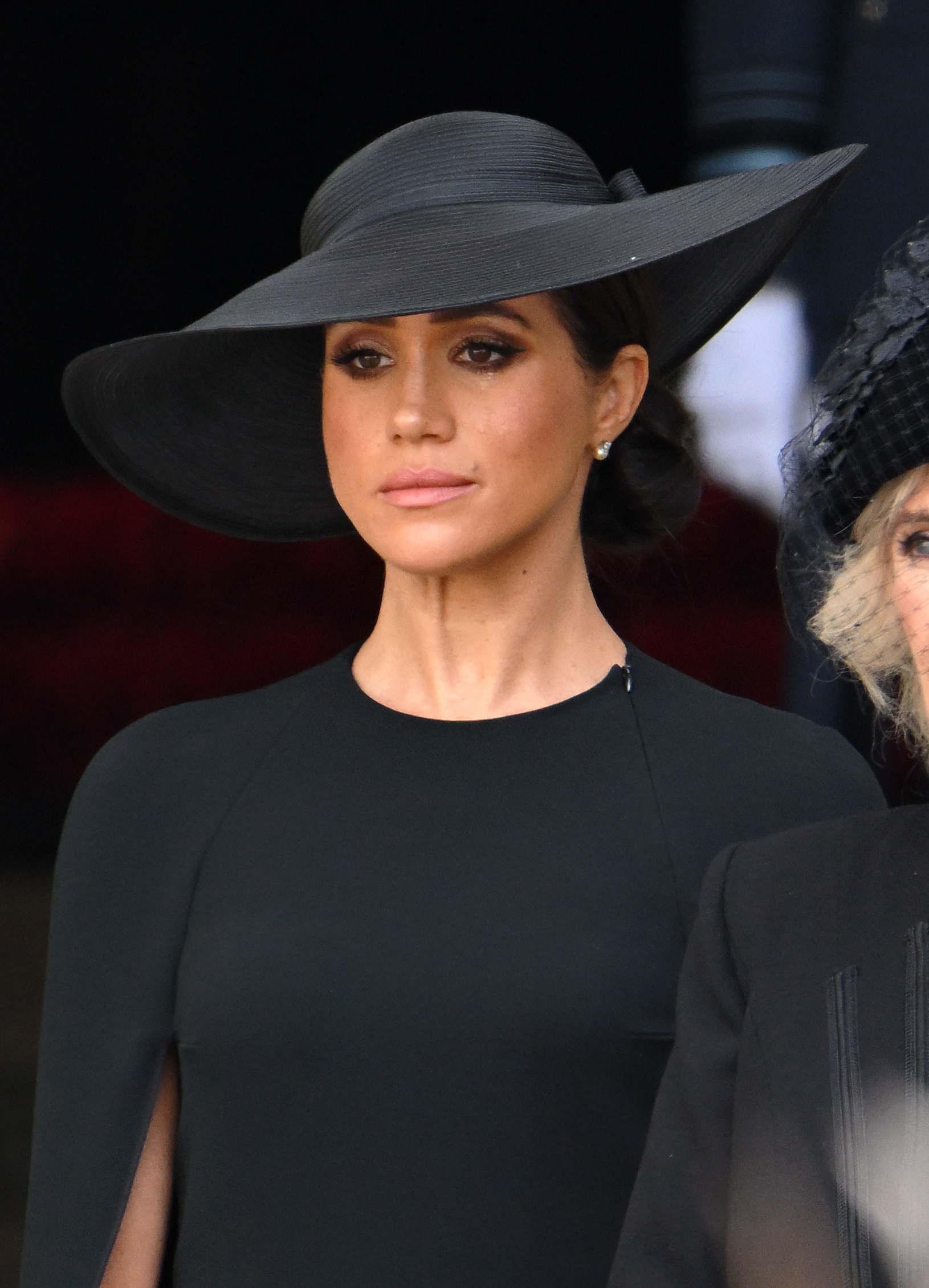
Archie and Lilibet’s Place in the Royal Family
The couple’s children, Prince Archie of Sussex (born 2019) and Princess Lilibet of Sussex (born 2021), were granted the titles of prince and princess following the accession of King Charles III in September 2022. This change reflected established conventions outlined in the Letters Patent issued by King George V in 1917, which granted royal titles to grandchildren of the monarch in the male line.
While Harry and Meghan stepped back from royal duties in 2020, their children’s titles remain a part of their identity. The couple has emphasized their desire for Archie and Lilibet to have the freedom to decide how to use their titles in adulthood.
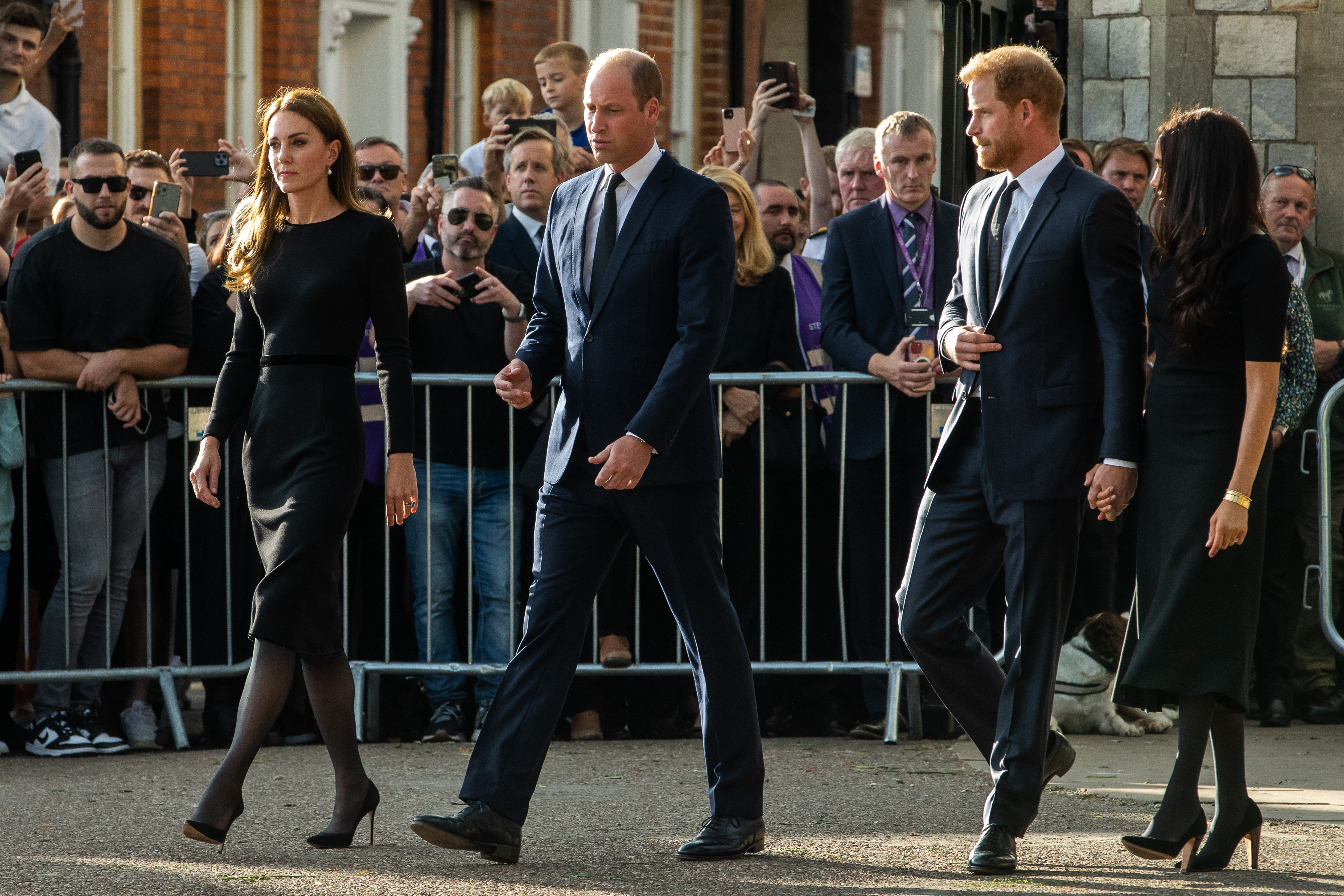
Travel and Documentation Challenges
As public figures who live primarily in California, Prince Harry and Meghan Markle have faced logistical challenges when traveling to and from the United Kingdom. Reliable reporting from The Guardian and other outlets has noted that passport and travel arrangements for the Sussex family have, at times, been complicated by their unique position as royals living abroad.
However, the UK Home Office has stated that it does not comment on individual passport cases, and Buckingham Palace has consistently declined to discuss private family matters. This means that while questions about documentation and titles have surfaced in media reporting, no official record substantiates claims of deliberate interference.
What is clear is that the Sussexes have had to balance their security, privacy, and public roles when arranging international travel with their children.
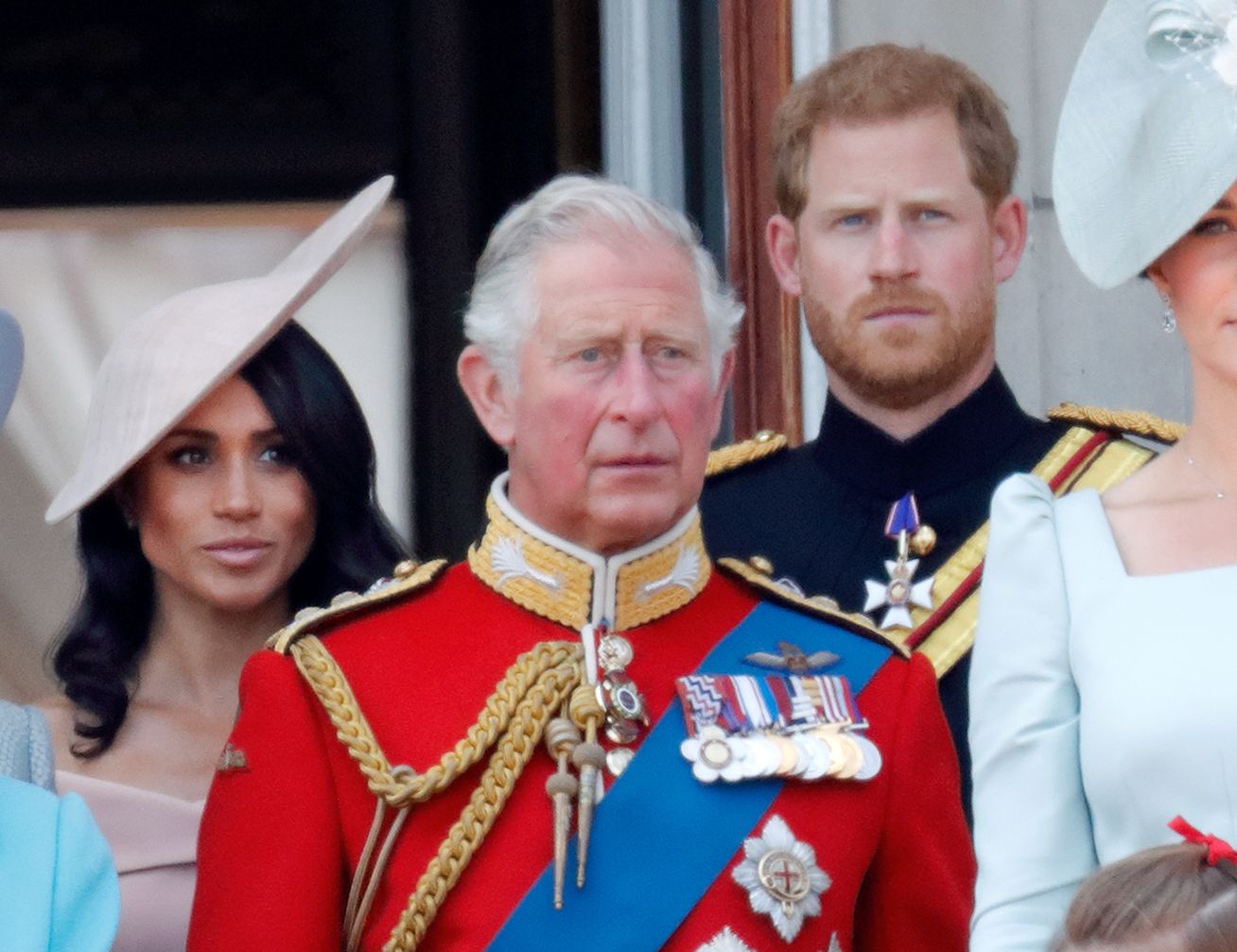
Security and Legal Proceedings
Security remains one of the most pressing concerns for Prince Harry. After stepping back as a working royal, he lost the automatic right to taxpayer-funded police protection when in the UK.
In May 2023, the High Court ruled against Prince Harry’s challenge to that decision. According to the BBC, the court determined that the arrangements made for his security were lawful. Prince Harry has since been granted the right to appeal.
This legal case underscores the complex reality of the Sussex family’s position: still high-profile members of the royal family, yet not active in official public roles.
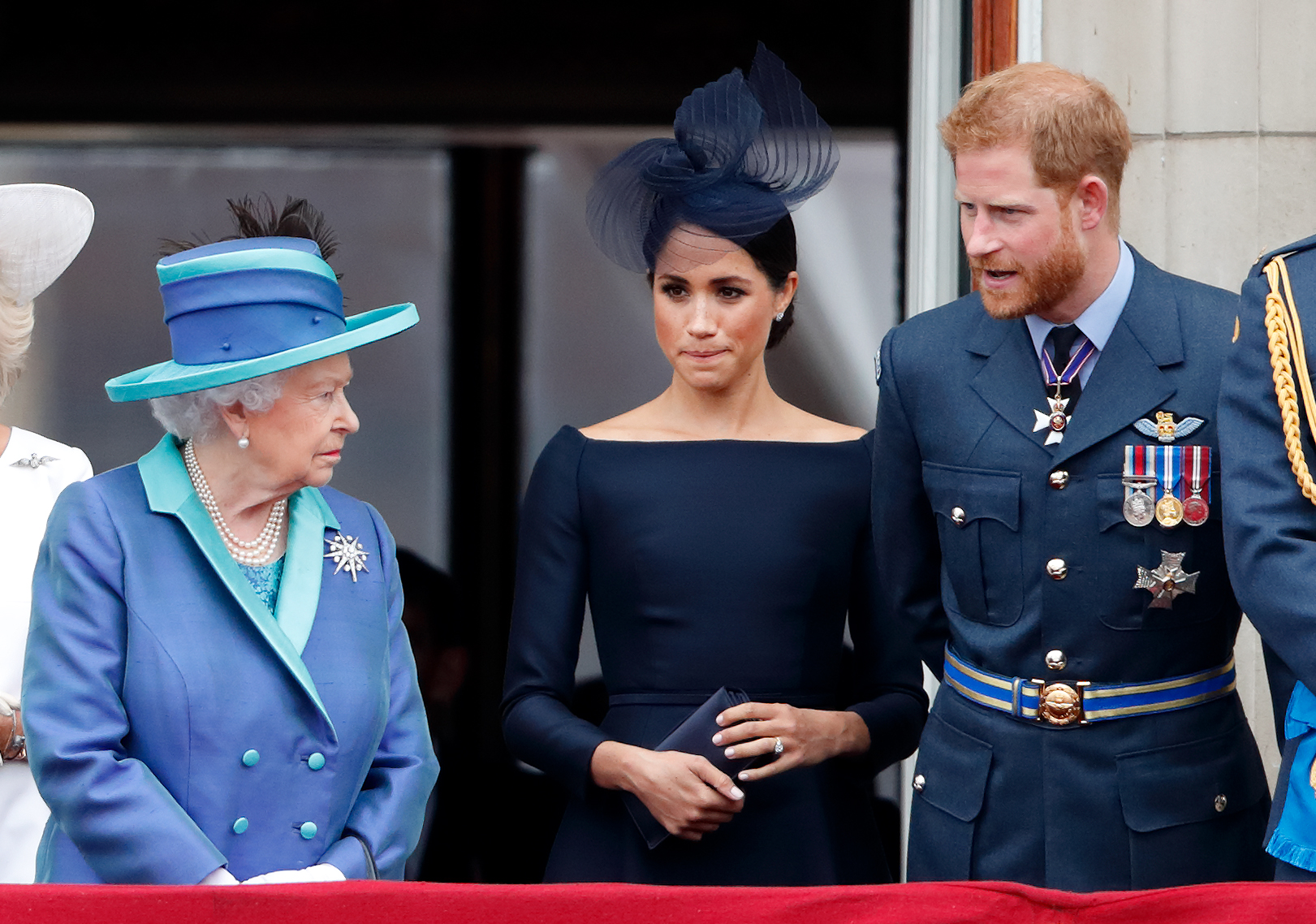
Public Reactions and Media Coverage
Public and media interest in Meghan Markle and Prince Harry remains significant, particularly in the UK and the United States. Coverage of Meghan’s Netflix series often sparks debate, with some praising her openness and others questioning the couple’s ongoing relationship with the royal institution.
Following the Queen’s passing, reactions to the Sussexes’ presence at memorial events were mixed. Many welcomed their unity with other members of the royal family, while others highlighted the lingering tensions that have been widely documented in media interviews and books.
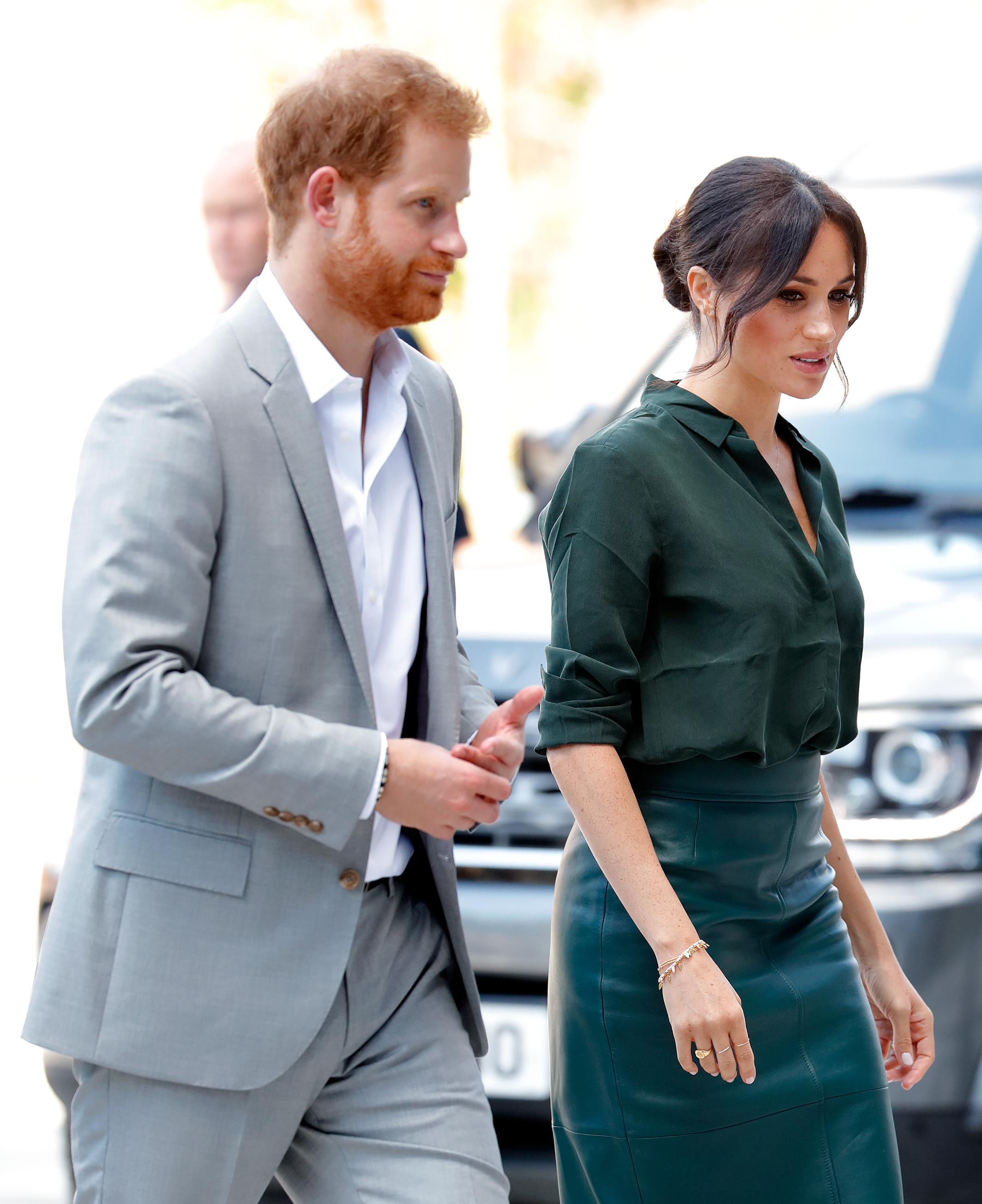
Balancing Family Life and Public Roles
In her reflections, Meghan emphasized the universal theme of a mother’s longing to be close to her children. While the context was unique — a state funeral of global significance — the emotions she described resonate with many parents.
Parenthood has been central to the Duke and Duchess of Sussex’s decisions since stepping back from royal duties. By moving to California, they have sought greater privacy and independence for their children while continuing philanthropic work through the Archewell Foundation.
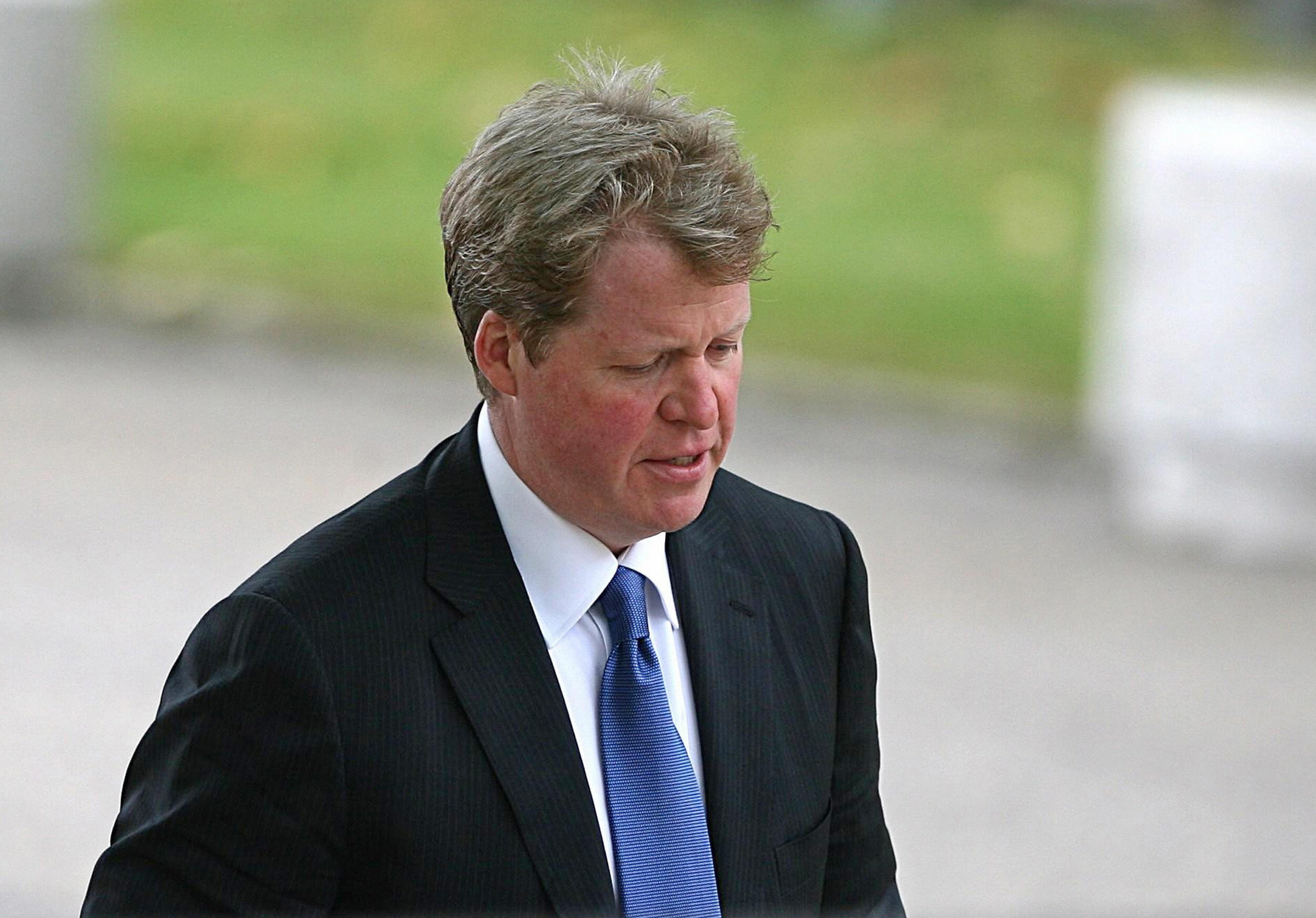
The Legacy of Queen Elizabeth II
For Meghan and Harry, the passing of Queen Elizabeth II carried personal and symbolic weight. Harry, in particular, has spoken publicly about his close relationship with his grandmother, describing her as a guiding figure. Meghan has also noted her appreciation for the Queen’s warmth and support during her early years in the royal family.
The state funeral itself was one of the most-watched live events in history, with more than four billion people worldwide tuning in, according to global broadcasting reports. It marked both the end of an era and the beginning of King Charles III’s reign.
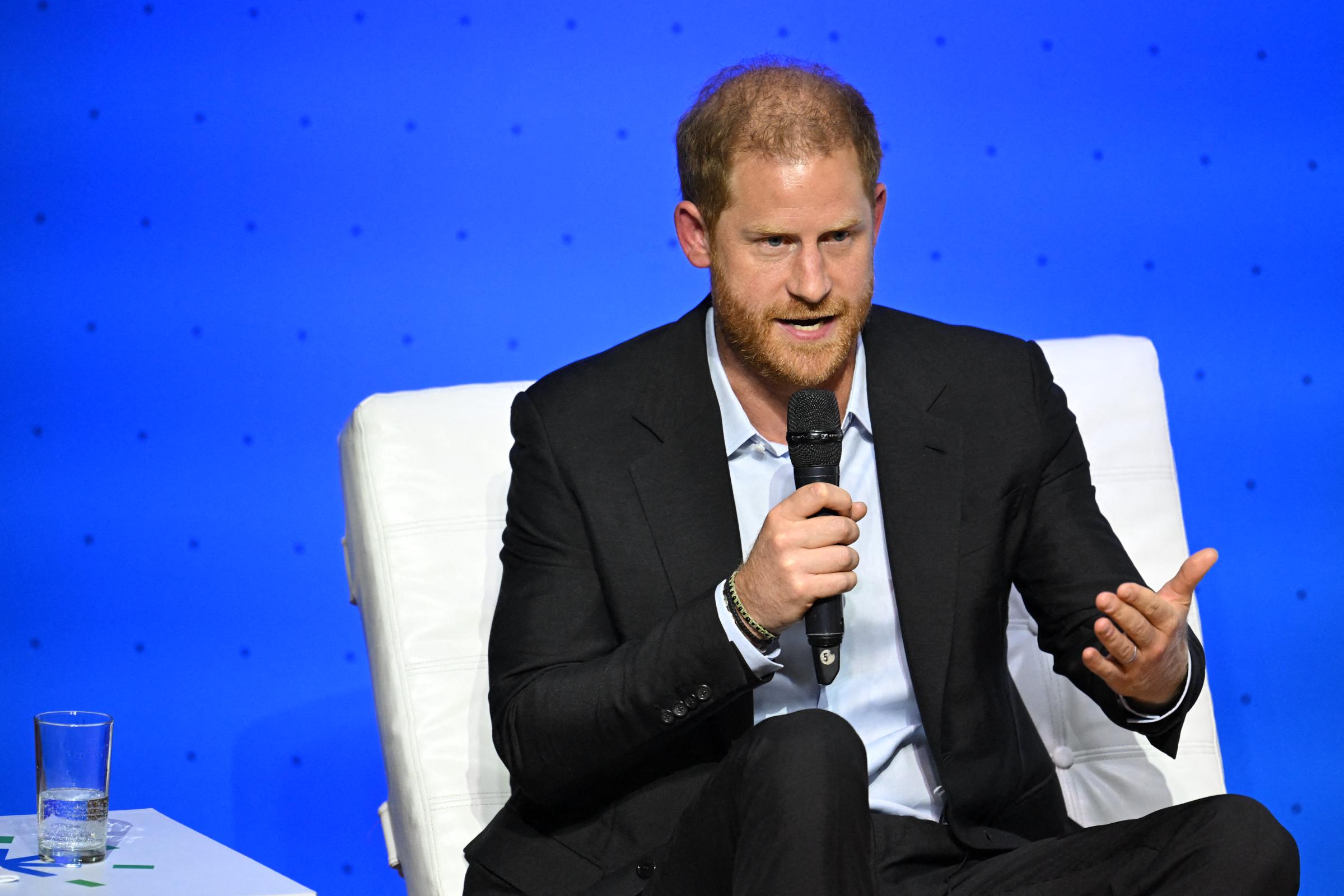
Looking Ahead
Meghan Markle’s candid reflections in her Netflix series provide a reminder that beyond the ceremony and symbolism, members of the royal family are also parents navigating the universal challenges of raising children.
As Archie and Lilibet grow, public interest in their lives is likely to continue. However, Prince Harry and Meghan have consistently expressed their desire to balance this interest with their children’s right to privacy.
Their story highlights the evolving nature of the British monarchy in the 21st century — one that must adapt to modern realities while preserving centuries of tradition.
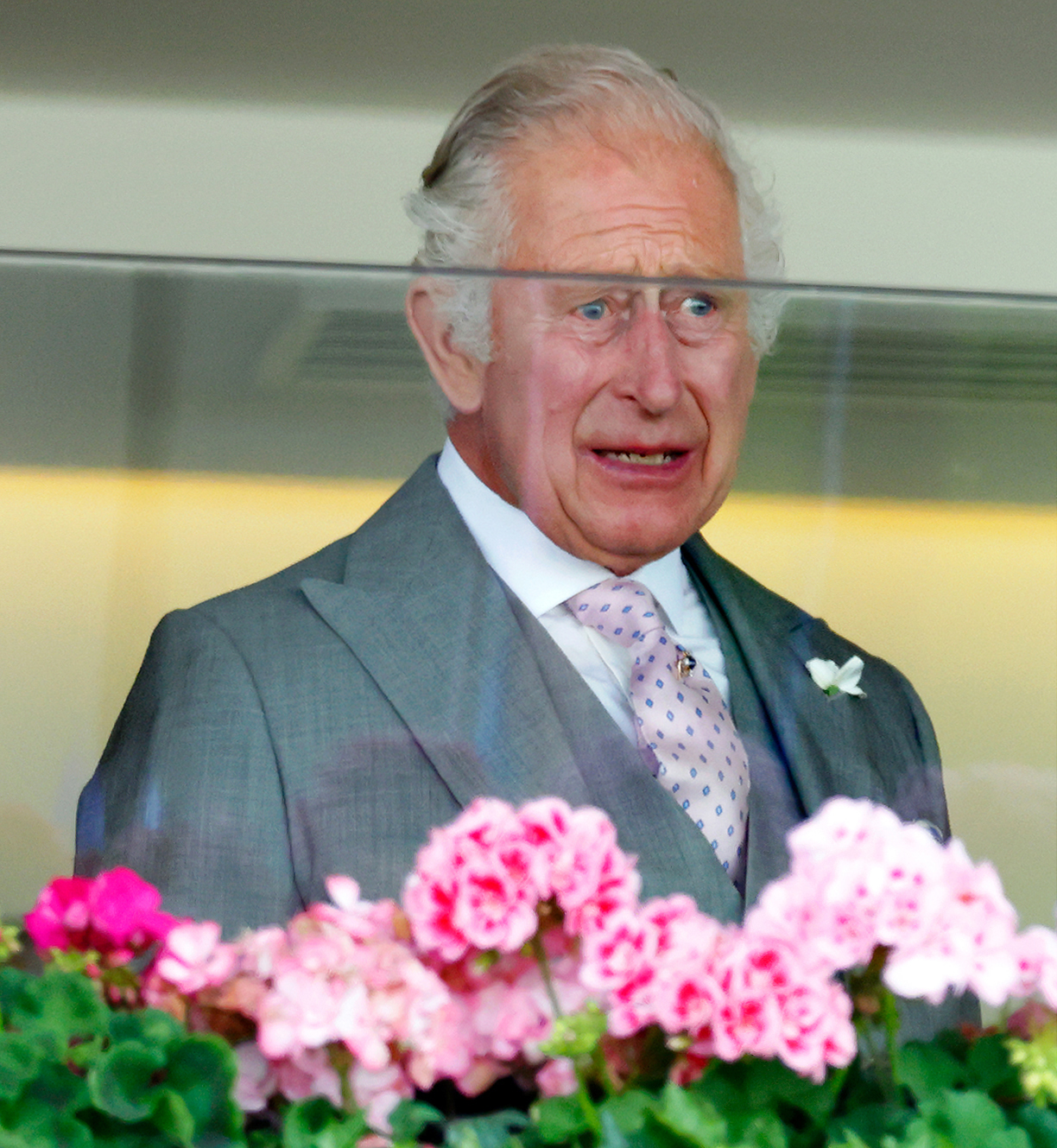
Conclusion
The Duchess of Sussex’s recent reflections shed light on a deeply personal experience during one of the most historic moments in modern British history. By speaking openly about the challenges of parenthood, grief, and separation, Meghan Markle has contributed to broader conversations about family, resilience, and identity.
While the royal family continues to adapt under King Charles III, the Sussexes remain a prominent part of the story, shaping discussions about monarchy, modern life, and the balance between public duty and private responsibility.
